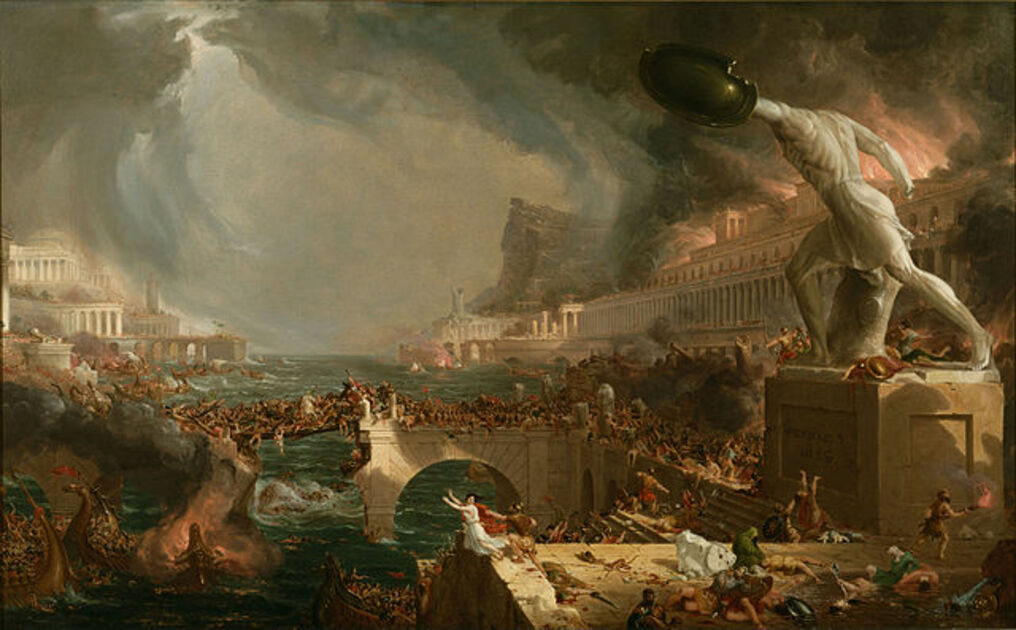
I am a psychotherapist. I am not an advocate for any agenda, nor a regular social commentator. Yet... here I go...
This morning we found out that Chaim Walder took a gun with him to his son’s grave and shot himself in the head. The news shattered me like a bullet. My ears went blank and my heart stopped for a second. A perpetrator killing himself means that there is no way he will ever sit with his victims and repair. A perpetrator killing himself means that some of his victims now have another layer or many layers of emotional embitterment to deal with. A perpetrator killing himself means that some of us might have to deal with the confusion of feeling good that someone killed themselves. Suicide is selfish. Suicide is also contagious. It is not for nothing that social service organizations are reposting their suicide hotline number today.
A perpetrator killing himself is a reflection on how vilifying perpetrators in hopes of advocating for victim rights is a terrible thing.
I did not know Chaim Walder. The consensus of the Beis Din who interviewed his alleged victims has ruled that he was guilty. That the allegations are true. Disgusting? Yes! Gut-wrenching? Yes! A lesson for our leaders to pay even closer attention to their own power? Yes! Yet another wake up call for us to take allegations of sexual and any kinds of abuse more seriously? Yes! Yet another wake up call for healthy sex-education in all segments of the frum community? Yes!
But I am concerned about the purposes and benefits of vilifying perpetrators. What does vilifying a perpetrator serve other than offering us a place to feel justified in our anger over the terrible plight of victims? Does it serve as a warning to perpetrators? Does it warn people to stay away from the perpetrator? Does it prevent others from perpetrating? Or does it just make perpetrators and potential offenders repress themselves more, to go further into hiding?
In the most sinister of situations, when a perpetrator threatens suicide or commits suicide it is about punishment. For themselves or for their victims. Part of the cycle of abuse itself. In other situations, when a perpetrator kills themselves, it says to me that we have not done a good enough job of letting them know how to get help for themselves. When a perpetrator kills themselves, it says to me that they themselves are so lost in the confusion of their own shame and embarrassment that they no longer see their life as capable of living. Not, remorse over their actions, but personal shame. Remorse leads to healing, not to death. A few years ago, I was part of a team that lectured camp staff about recognizing the signs of sexual abuse and I asked my colleagues- what are we telling staff members who do not know what to do with impulses that lead to molestation? No one had thought about it. And we didn’t address it.
Is that really what we, as a society, want? This entire saga is one of destruction. From beginning to end. I cannot imagine the pain of any of his victims. I also cannot imagine the pain of anyone who has read his books. I cannot imagine the pain of anyone who is merely exposed to such atrocities. But I also cannot imagine the pain of someone who lives such a double life. A hero for the children AND a philanderer and abuser of children. What utter chaotic darkness he must have experienced.
We cannot continue thinking about these things as us versus them. Society against perpetrators. It doesn’t address the problem. We need to be thinking carefully about this. Because if we want to help remove childhood sexual abuse from our world, we need to think deeply about how abuse happens. Thinking about what leads a person to actually touch a child. Or what leads a person in power to take advantage of his position by coercing or manipulating people with his public persona for personal pleasure. If we continue merely vilifying perpetrators without looking to help them, we will have missed a crucial step in the process of minimizing sexual abuse and abuse of power.
Can we get a conversation going about helping perpetrators and potential offenders get to the right therapists and any other resources that might be out there to help them? Many perpetrators are not sociopaths. They have a conscience. And they have a problem. A conflict around why they do what they do. Let’s get them the help they need. Let’s extend them some compassion. Who knows, we might be preventing someone else from becoming a victim?
May Hashem end this Golus… May He heal all the broken hearts and mend all the shattered lives of all who are involved in this story and may He find it in His Heart of Hearts to wipe all of our tears away, with the coming of Moshiach B’Mheira B’Yamenu. Amen.
 Previous
Previous

